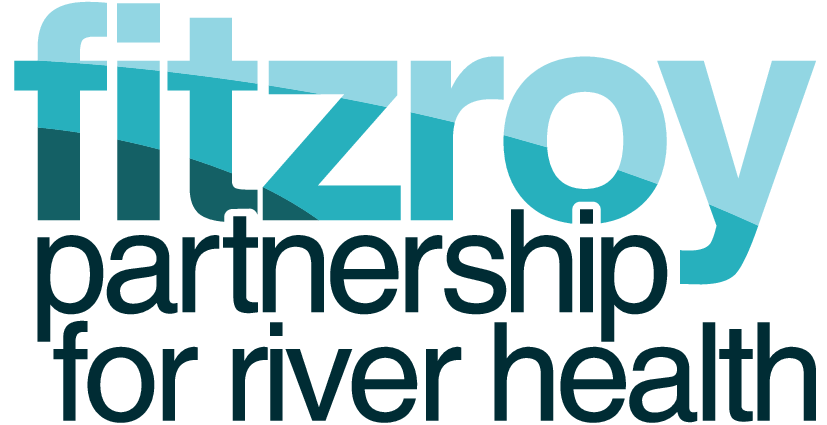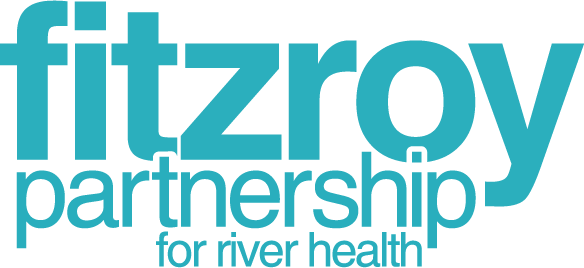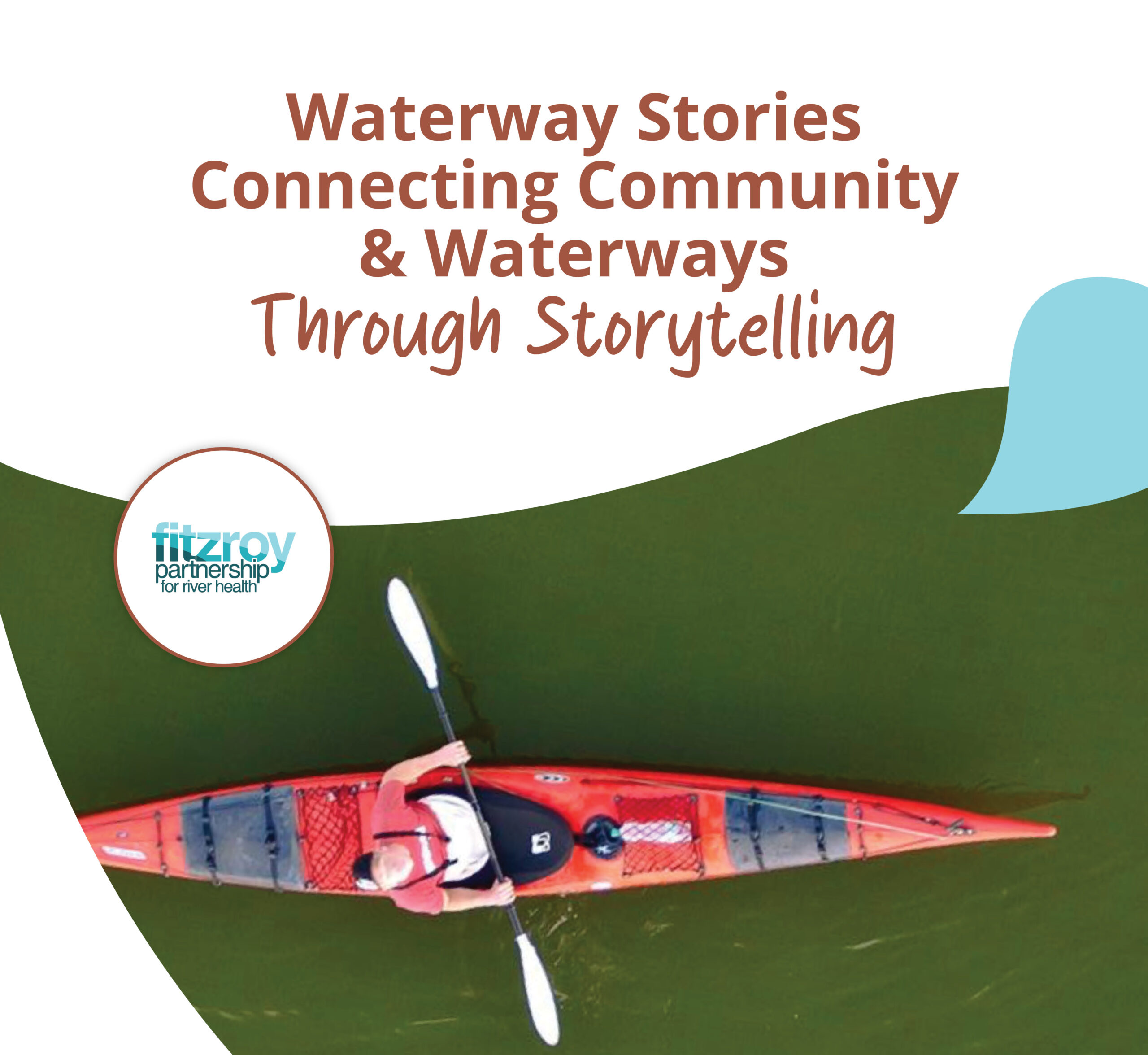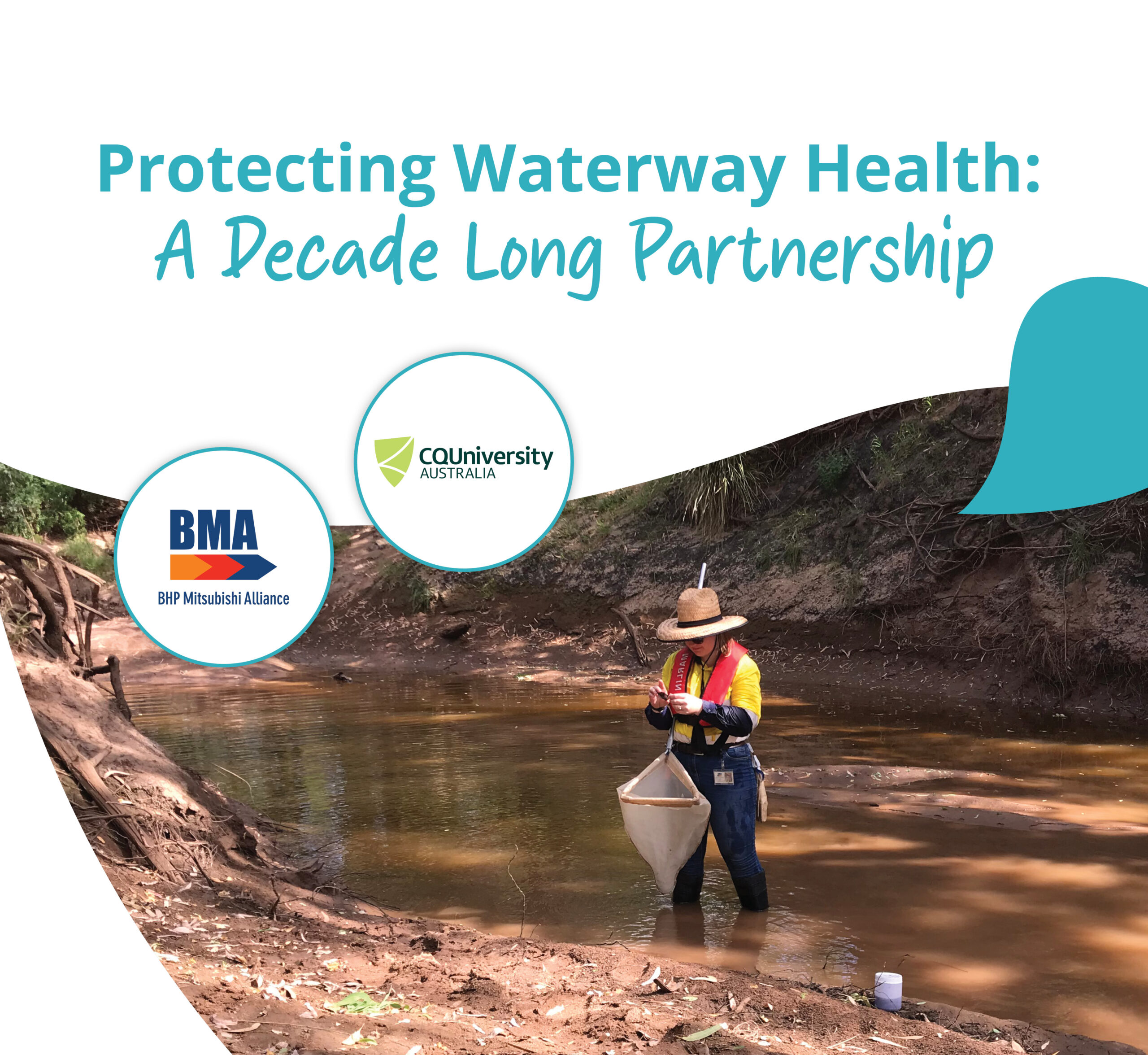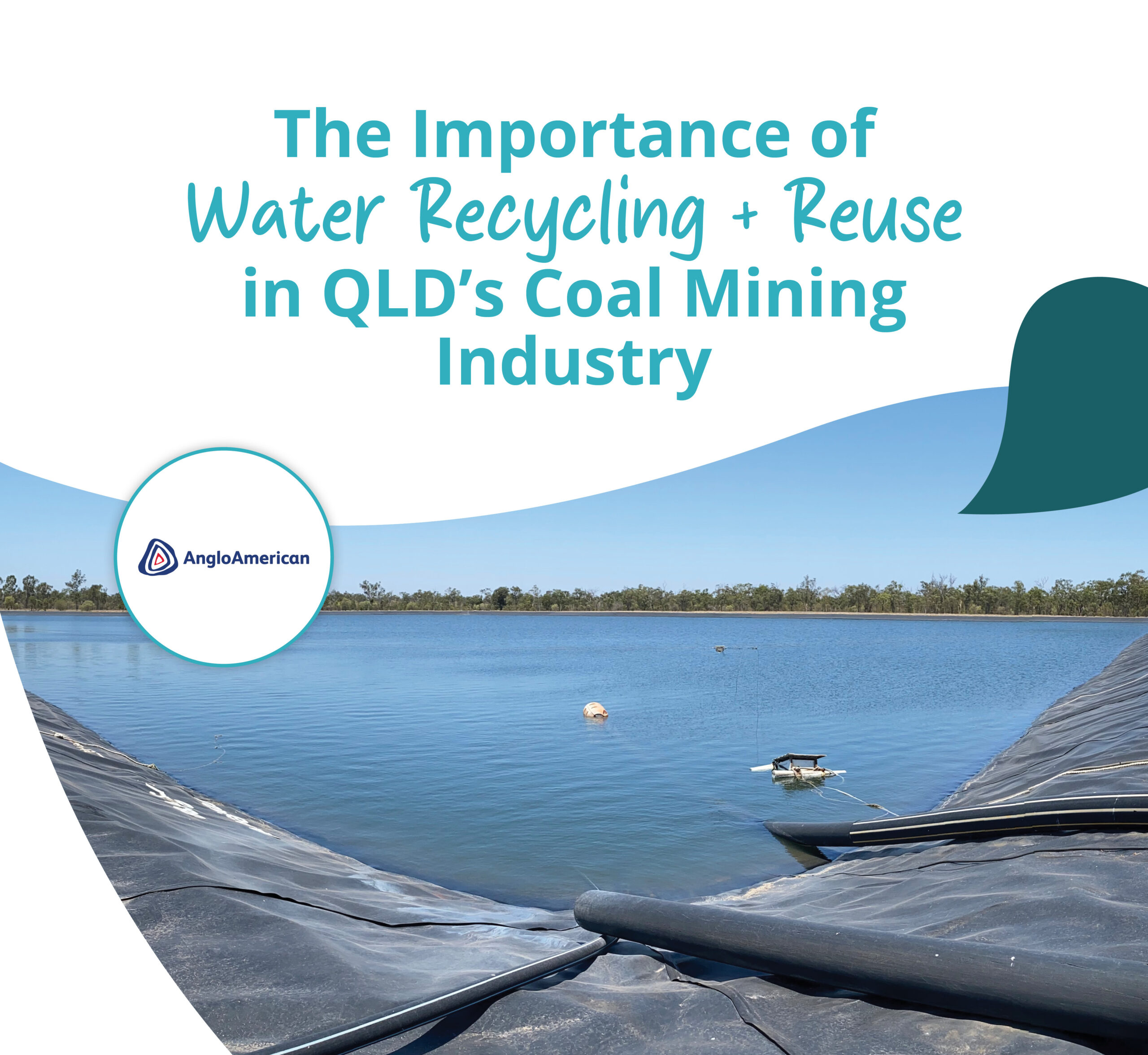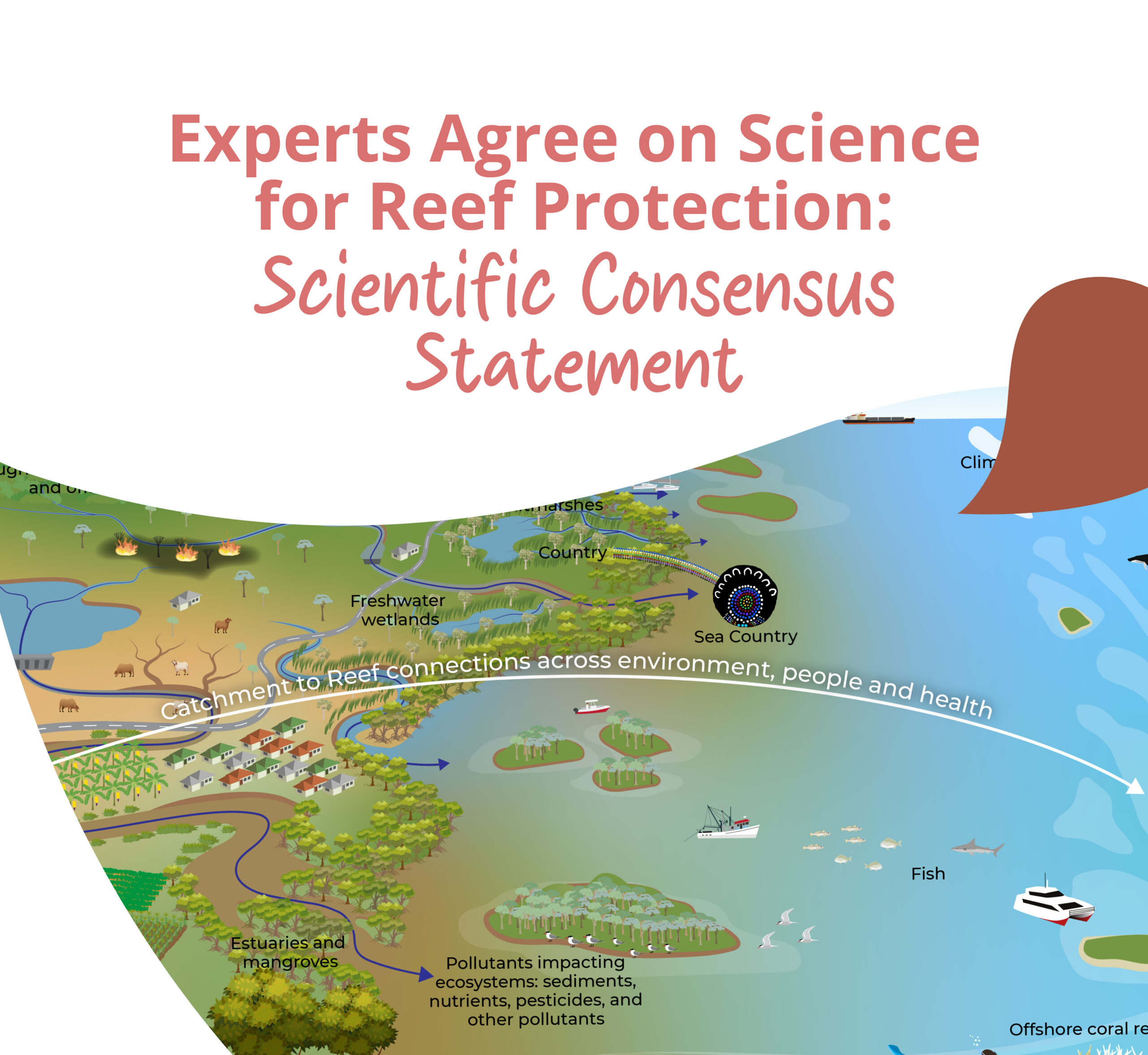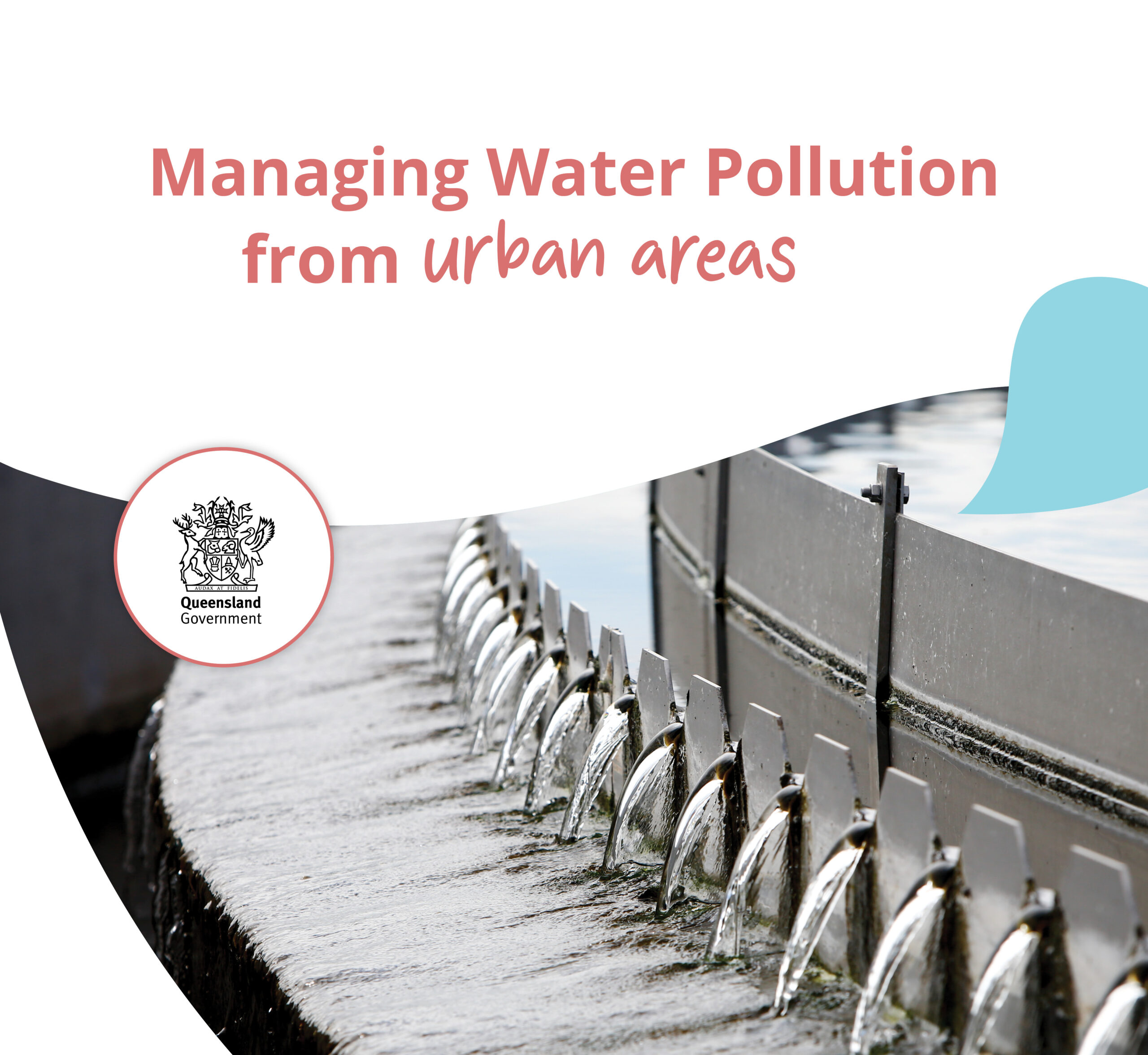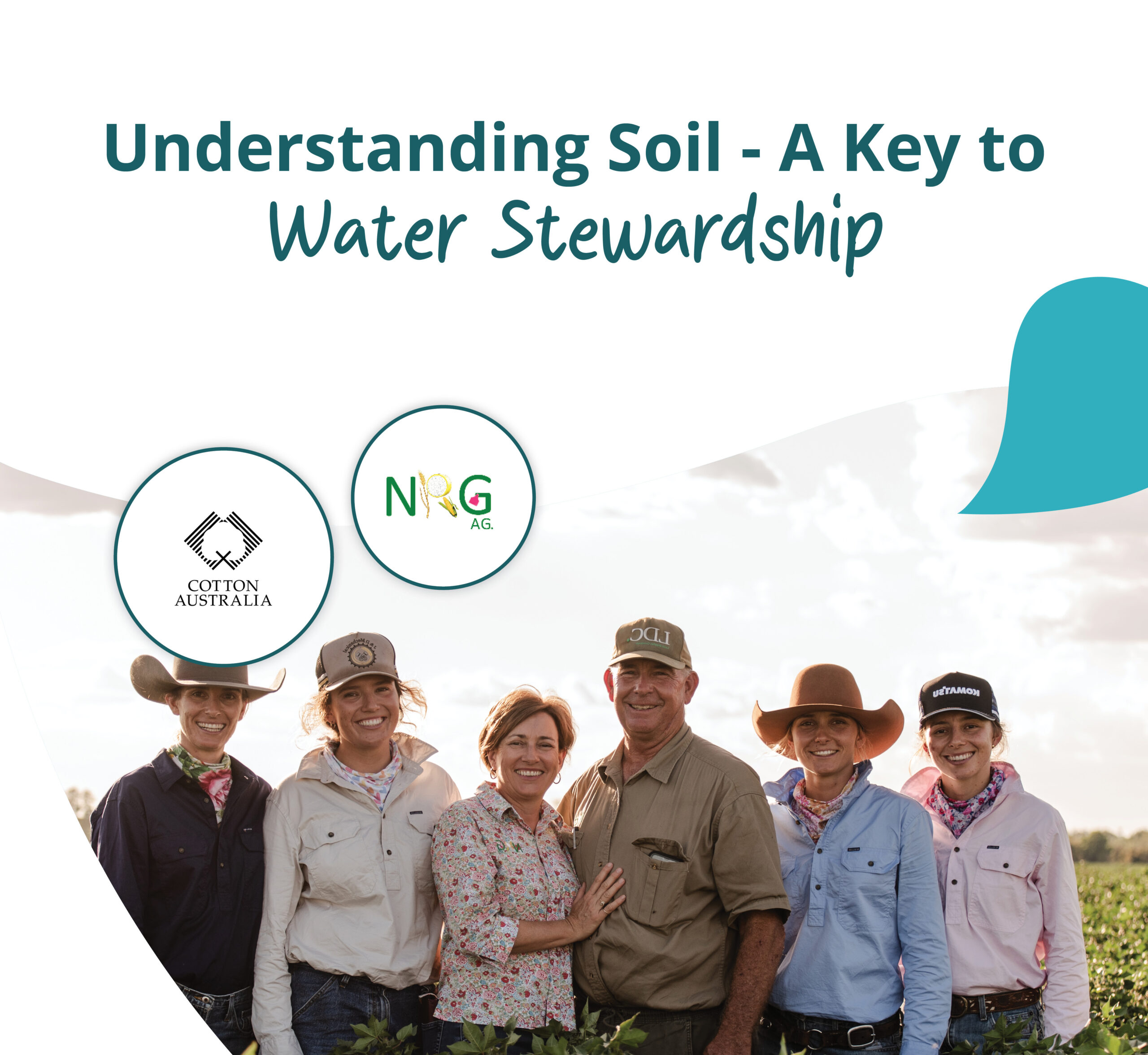NEWS / BLOG
Sed interdum massa lacus, a porttitor risus gravida sed. Nulla ultricies ex non sagittis vulputate. Integer fringilla convallis risus, id semper est interdum non.
LATEST ARTICLES
Quisque molestie tristique nisi et luctus. Proin eget velit quis lorem euismod pulvinar. Phasellus lobortis tellus dignissim metus varius volutpat. Integer a lacus mauris.
Waterway Stories: Connecting Community & Waterways Through Storytelling
Waterway Stories: Connecting Community & Waterways Through Storytelling Fitzroy Partnership for River Health (FPRH) has consistently championed initiatives that foster environmental stewardship and community engagement within the Fitzroy Basin. One such endeavor is the Waterway Stories project, designed to deepen the connection between the local community and their waterways. By documenting personal experiences, historical accounts, and cultural insights, the initiative aims to cultivate a profound appreciation for these aquatic ecosystems. This storytelling approach not only educates but also inspires individuals to participate actively in preserving and enhancing waterway health. Community involvement is central to the success of Waterway Stories. By encouraging residents to share their unique perspectives, experiences and anecdotes, the project fosters a sense of ownership and responsibility toward local waterways. This participatory model aligns with FPRH’s broader mission to provide comprehensive and accessible information about river health, empowering the community to make informed decisions and take meaningful action. Waterway Stories is an effective way to bridge the gap between science and community engagement. While data and monitoring reports provide essential insights into water quality and ecosystem health, personal stories make [...]
Protecting Waterway Health: A Decade Long Partnership
Protecting Waterway Health: A Decade Long Partnership Water is a vital resource with significant social, cultural, environmental and economic values. At BHP Mitsubishi Alliance (BMA) comprehensive water management is prioritised to safeguard waterway health and achieve set context based water targets. Context based water targets address water challenges shared by BMA and other stakeholders in the regions where they operate. They focus on improvements in water resource management such as water reuse and consumption and effective mine water release management. Recognising the potential impact of mine water release into the receiving environment, BMA has collaborated with Central Queensland University (CQU) over the past decade on the Aqua Eco Health Program (AEHP). This initiative has collected and analysed water quality, sediment and biota data up and downstream of BMA operations in the Bowen Basin in Queensland. The partnership has identified and unlocked valuable insights and trends by analysing extensive environmental data collected over the 10 years. This AEHP initiative comprehensively analyses all available historical environmental data collected and provides: Valuable insights and trends into the potential impact of mine water release on [...]
The Importance of Water Recycling + Reuse in QLD’s Coal Mining Industry
The Importance of Water Recycling + Reuse in QLD's Coal Mining Industry Water is essential for the coal mining industry, especially in Queensland, where mining operations are extensive, and water scarcity is a real challenge. The industry relies on water for various processes, including dust suppression, mining operations, and resource processing. This heavy reliance, combined with other water users, presents both risks and opportunities for local water resources, particularly in areas like the Fitzroy Basin, which can experience prolonged periods of low rainfall. The mining sector has the expertise and capacity to drive sustainable practices, such as water recycling and reuse. At Anglo American’s steelmaking coal operations across the Fitzroy Basin, we’ve been proactive in implementing water recycling and reuse initiatives to contribute nature-positive outcomes for local water resources. Since 2020, we’ve increased our reuse and recycling from 50% to 65% of total water use. In 2024 alone, this led to a reduction of 1,023 million litres of freshwater withdrawal. A number of benefits for our operations include: Reduction in freshwater consumption: By recycling and reusing water, we significantly reduce our reliance [...]
Experts Agree on Science for Reef Protection: Scientific Consensus Statement
Experts Agree on Science for Reef Protection: Scientific Consensus Statement The most comprehensive and rigorous review about the effects of land-based activities on Great Barrier Reef water quality and ecosystem condition was released in August 2024: the 2022 Scientific Consensus Statement. The Statement brings together the latest scientific evidence to understand how land-based activities can influence water quality in the Great Barrier Reef, and how these influences can be managed. Led by C2O Consulting and funded by the Australian and Queensland governments, the Statement involved more than 200 experts including 78 authors and 69 reviewers from Australia and overseas. The outputs are based on evidence from over 4,000 publications. Based on the evidence, 35 scientific experts reached consensus on eight overarching conclusions, including that historical and continuing land management and catchment modification impair Great Barrier Reef water quality through extensive vegetation degradation, changed hydrology, increased erosion, and expansion of fertilised land uses, urban centres and coastal developments. The Statement, including its detailed conclusions, is available at www.reefwqconsensus.com.au
Managing Water Pollution from Urban Areas
Managing Water Pollution from Urban Areas Managing urban run-off is an important part of looking after the health of our local waterways and ultimately the Great Barrier Reef. Urban areas cover less than 1% of the Great Barrier Reef catchment. Yet stormwater run-off from urban and industrial land use and wastewater treatment plant releases contribute up to 7% of the dissolved inorganic nitrogen and close to 2% of the sediment that flows into the Reef. The Queensland Government’s Queensland Reef Water Quality Program (QRWQP) invests significantly into programs that support local councils and industry to manage excess nutrients and sediment from urban areas flowing into waterways. The Urban Water Stewardship Framework (framework) assists councils to assess and report on the level of practice applied to key aspects of their urban water management practices in relation to water quality risk. Additional funding from the Australian Government means the framework will now expand to councils beyond the Reef regional waterway partnership regions, and that assessment workshops are held in person with the findings presented to the executive leadership team of the participating council. Assessments [...]
Understanding Soil – A Key to Water Stewardship
Understanding Soil - A Key to Water Stewardship Central Highlands Grower Neek Morawitz has been involved in growing cotton since 1984 when his dad Carl began growing the fibre in the Central Highlands. The crop became part of the family’s cropping rotation and in the early 2000’s Neek began growing cotton in his own right on a property at the bottom of the Comet River on the Nogoa McKenzie junction. The efficient use of water has always been a key element in the success of the Morawitz farming strategy and Neek describes his own approach as being a combination of science, best practice and gut feel – and that combination has served him well for many years. “One of the things I do is stretch the deficits when conditions allow, by delaying the timing of irrigations a bit more than most and past what some of the data might suggest, and that can help the plant to be more resilient. But you can’t make the plant tough without first understanding your own soil types.” Neek well and truly understands the soil he [...]
QUALITY GUARANTEE
Sed venenatis urna sit amet vulputate lobortis. Nullam dolor sem, varius eu luctus vitae, mattis id dolor. Proin ultricies feugiat ipsum. Quisque lobortis risus sapien, quis pulvinar turpis placerat ut. Vivamus eu egestas est, commodo ultricies turpis. Donec a consequat nisi, non pellentesque risus. Fusce lacinia sem a mollis tempus. Etiam in sapien non odio ornare iaculis vel vel enim. Sed velit urna, pharetra non quam nec, consequat hendrerit ex. Phasellus ac rutrum diam.
OFFICE LINE
1.800.555.6789
EMERGENCY
1.800.555.0000
WORKING HOURS
9:00am – 6:00pm
OFFICE LINE
1.800.555.6789
EMERGENCY
1.800.555.0000
WORKING HOURS

